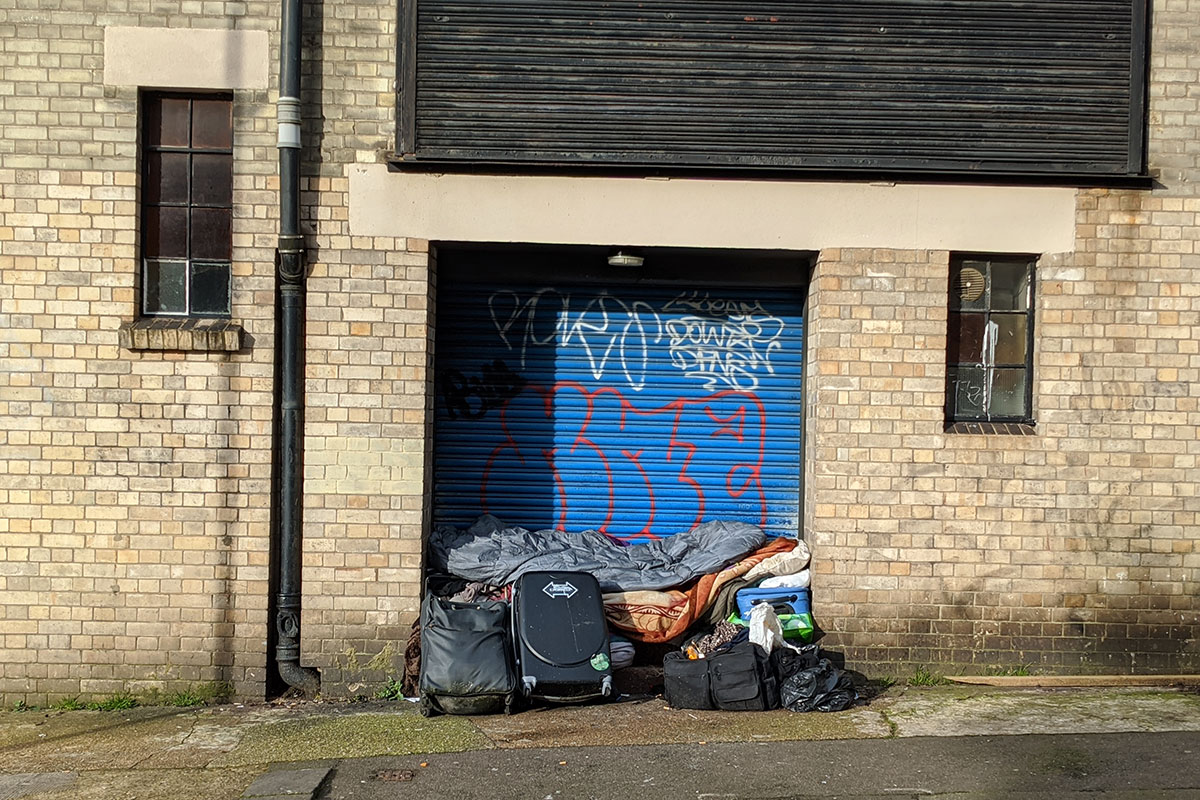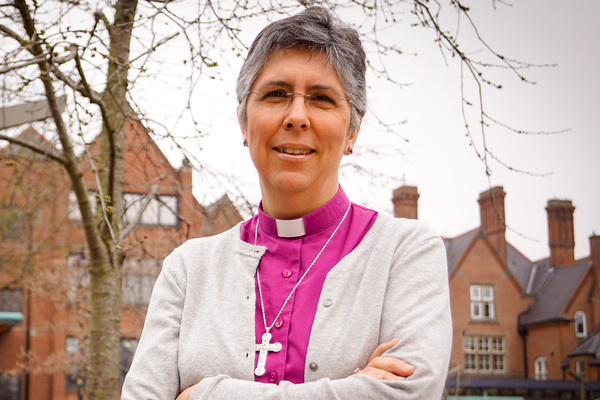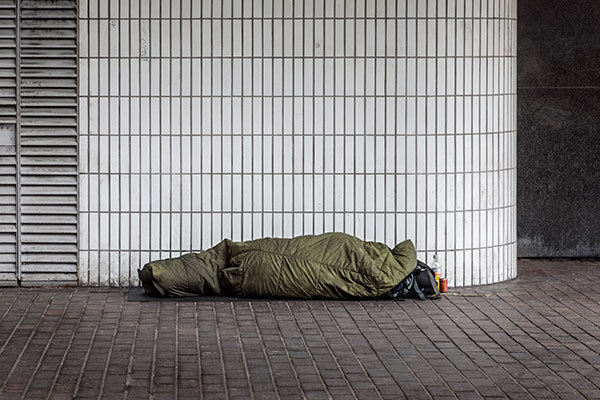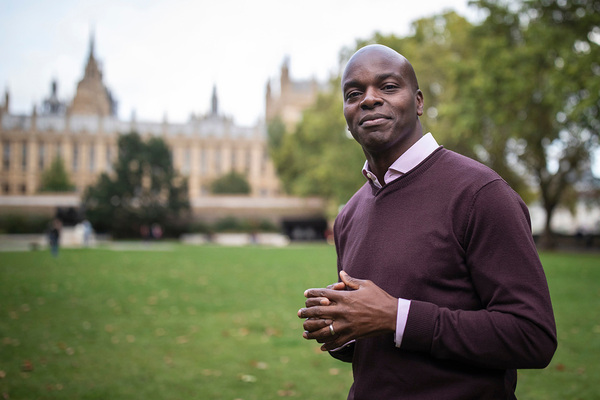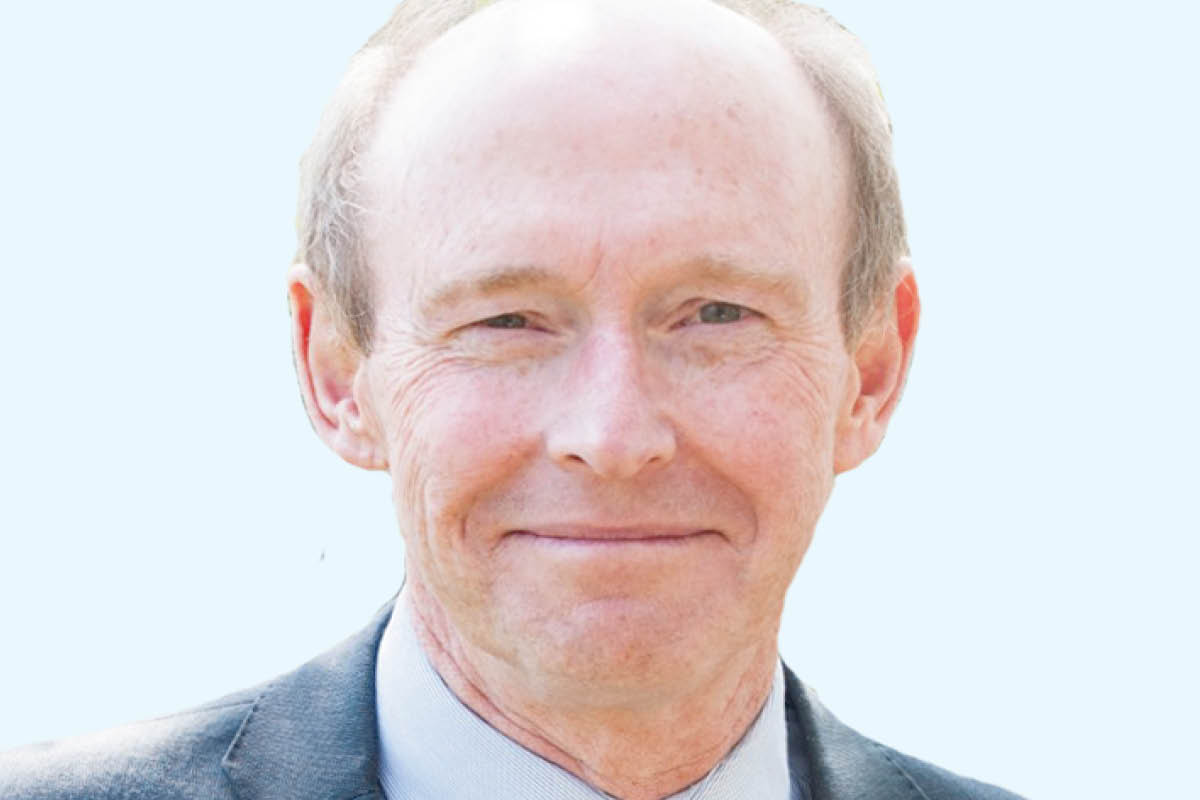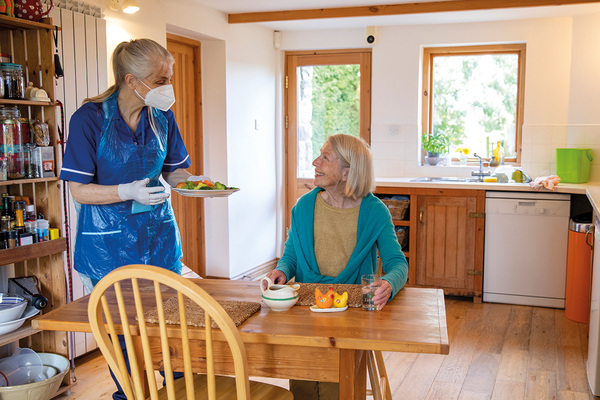
Michelle Dawson is director of housing and community investment at Abri
Homelessness is still a crisis
The general public’s understanding of homelessness is poor. Michelle Dawson considers what the sector should be doing about this
While we get to grips with life in the current COVID three-tiered system, there are mixed emotions across the country. The government’s five-day ‘Christmas COVID bubble’ is providing a welcome beacon for many but, for others, the next few weeks present a raft of challenges.
Most of this year has been incredibly hard on us all, and the pressures on families, relationships, new working arrangements and the economy have all taken their toll. But thankfully, most of us have had networks to depend on, people to talk to and, at the end of the day, the comfort of our beds.
“There are thousands of individuals and families experiencing ‘hidden’ homelessness through ‘sofa surfing’ or living in temporary accommodation”
For those who don’t have a secure place to call home, the next few weeks will be a daunting prospect as winter sets in. With the distraction of Christmas consuming our thoughts, it’s even more important that we don’t miss the early warning signs from those most at risk of becoming homeless.
In September, we commissioned some nationwide research to understand the public’s attitudes towards homelessness and the impact of COVID-19. The results were stark.
The survey found that in the previous six months, more than a third of UK adults (38%) worried about losing their jobs and one in four (28%) worried about losing their home. Perhaps unsurprisingly then, more than two-thirds (68%) think the pandemic will lead to an increase in homelessness.
“This hidden form of homelessness is often difficult to track, making it impossible to know the true number of people struggling”
Homelessness takes many forms. Rough sleeping might be the harshest reality, but it can happen to anyone.
Homelessness isn’t always obvious. There are thousands of individuals and families experiencing ‘hidden’ homelessness through ‘sofa surfing’ or living in temporary accommodation. This hidden form of homelessness is often difficult to track, making it impossible to know the true number of people struggling.
Awareness and understanding of hidden homelessness is also fairly low, with our research finding that only two-thirds of UK adults (62%) consider sleeping on a friend’s sofa to be a form of homelessness. Similarly, just three-quarters (73%) associate living or sleeping in a car with homelessness – highlighting that a quarter don’t recognise this as true homelessness.
The reality, of course, could not be further from the truth. And with winter upon us, our sector has a crucial role in making sure we all have a safe place to call home.
During the first lockdown, a range of efforts from the government and other stakeholders had a significant impact on homelessness prevention. The ‘Everyone In’ directive, the evictions ban and the establishment of a Rough Sleeping Taskforce were three initiatives that prevented people from falling into homelessness during the height of the pandemic.
“We’ll be launching our own homelessness prevention strategy in the first half of next year”
Now, more than six months later, we need to learn from this period and develop prevention strategies for the future. Last week, we brought together homelessness experts from across the country to discuss best practice and strategies at a homelessness roundtable with Local Government Chronicle.
Hot on the heels of this discussion, we’ll be launching our own homelessness prevention strategy in the first half of next year. This will detail how we will continue to invest in our homelessness prevention measures and how we will work in partnership with our main stakeholders to deliver the best results.
In the meantime, we must continue to work with local and national government to respond to the homelessness challenge this winter. We can’t underestimate the impact if we don’t.
Michelle Dawson, managing director of community services, Abri Group
September 2020 online survey of 1,500 UK adults, conducted by Dynata on behalf of Abri. The figures are representative of all UK adults (18+).
Sign up for our care and support bulletin
Already have an account? Click here to manage your newsletters
